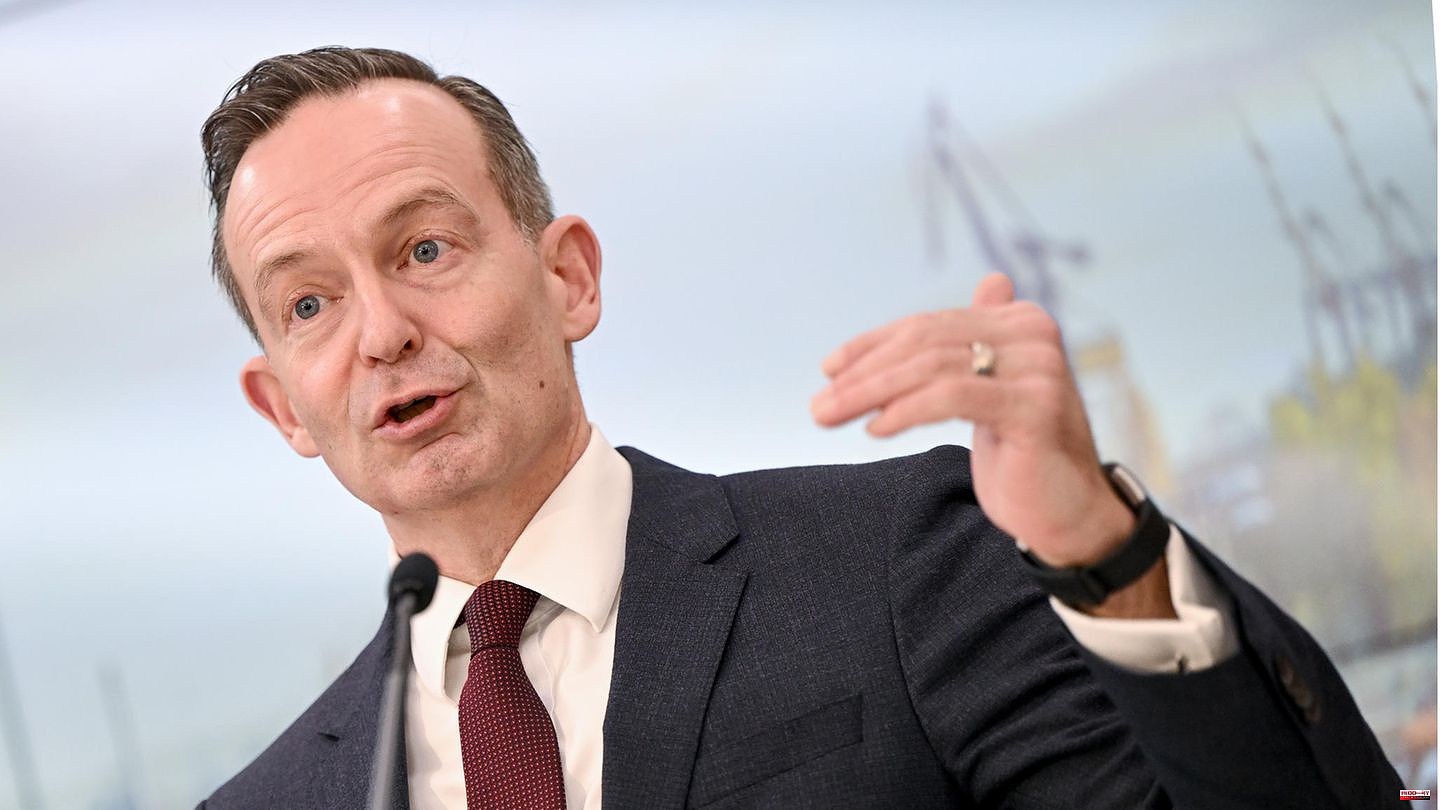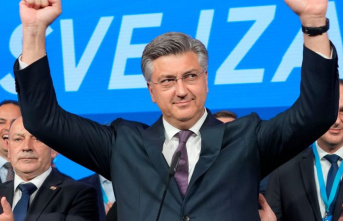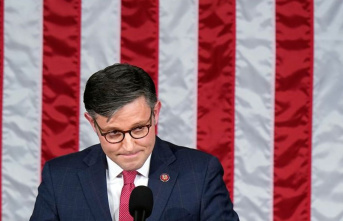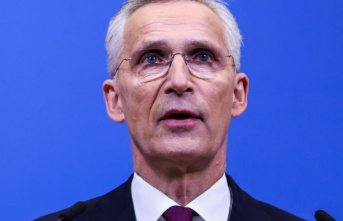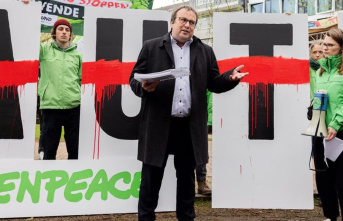Federal Transport Minister Volker Wissing (FDP) is threatening the end of cars with internal combustion engines in the European Union from 2035 with a veto at the EU Commission in Brussels. The use of synthetic fuels (e-fuels) for cars must be possible after 2035, Wissing told the "Bild" newspaper (Tuesday).
"Against the background of the enormous fleet of cars that we have in Germany alone, there can only be a compromise for the FDP on the fleet limits if the use of e-fuels is also possible," affirmed Wissing. Otherwise Germany could not agree to the upcoming votes.
The minister emphasized that the EU Commission has a clear mandate to enable the use of climate-friendly e-fuels in cars. This applies both to the existing fleet and to combustion engines that will be newly registered after 2035, said Wissing: "To date we have not received any suggestions, only negative statements from Commissioner Frans Timmermans."
According to current plans, no new cars with combustion engines will be registered in the EU from 2035. The EU countries had already agreed on a compromise in October. Most recently, the EU Parliament approved the new CO2 specifications, according to which only new cars may be sold in the EU from 2035 that do not emit any greenhouse gases during operation. The EU countries still have to agree. It should be possible to review the agreement again in 2026.
There had been a dispute in the federal government about the question of the ban on combustion engines. The green-led Ministry of the Environment had spoken out in favor of a clear end to combustion engines. The compromise paper also includes a request to the EU Commission to check whether e-fuels for cars could be an option in the future. The FDP in particular had pushed for this in the federal government.
Wissing had already emphasized after the decision of the EU Parliament in mid-February that in order to achieve climate goals, all options and technologies had to be kept open. Both for the existing fleet and for new vehicles, e-fuels offer climate-neutral mobility with combustion engines. The German Association of the Automotive Industry (VDA) also considers synthetic fuels to be essential in order to achieve climate targets.

